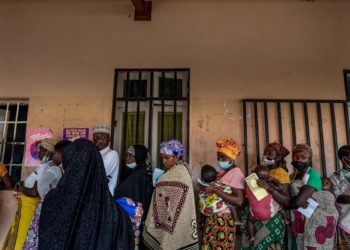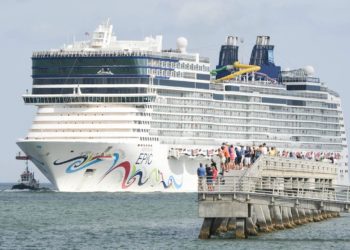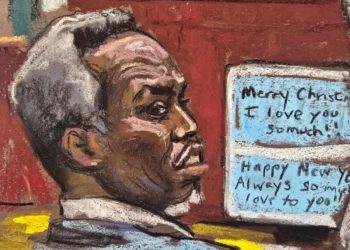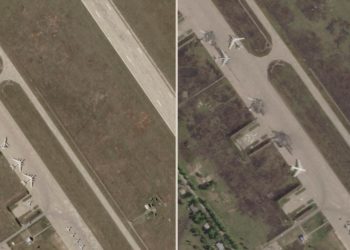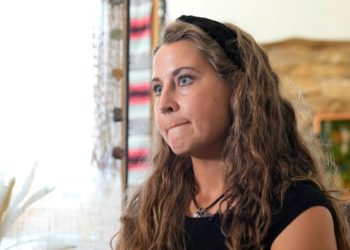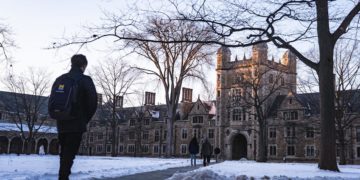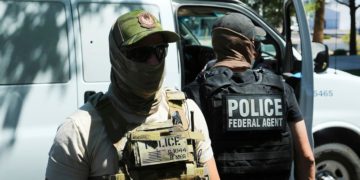We finally may be able to rid the world of mosquitoes. But should we?
They buzz, they bite, and they cause some of the deadliest diseases known to humanity. Mosquitoes are perhaps the planet’s...
Steel and aluminum tariffs expected to raise costs on cars, homes, more
The Trump administration raised tariffs on aluminum and steel to 50% today, a move experts say could increase costs on...
Mom and daughter stranded as Norwegian Epic breaks from port
Jamie Cisco and her daughter, Grace, were at the beach in Catania, Sicily, when they saw their cruise ship moving...
Trump says Putin told him that Russia will respond to Ukrainian attack on airfields
WASHINGTON (AP) — U.S. President Donald Trump said that Russian President Vladimir Putin told him “very strongly” in a phone...
How Sean Combs’ closest aides are unraveling his jet set empire in court
NEW YORK ― For years, Sean “Diddy” Combs was the embodiment of untouchable celebrity — a near-billionaire mogul who crisscrossed...
I fell for a classic tourist scam in Greece — and I didn’t realize until it was too late
It happened in the blink of an eye — and I never even saw him touch my phone.I was sitting...
Putin said Russia would respond to Ukraine drone attacks
WASHINGTON (Reuters) -Russian President Vladimir Putin told Donald Trump in a telephone conversation on Wednesday that Moscow would have to...
Karine Jean-Pierre, Biden’s former press secretary, reveals she’s left the Democratic Party
(CNN) – Karine Jean-Pierre, who served as White House press secretary under former President Joe Biden, has switched her party...
Walt Disney World Teases Details About New “Cars”-Themed Land amid ‘Largest Expansion’ in History of Magic Kingdom
NEED TO KNOWWalt Disney World has released details about the upcoming Cars-themed land, set to launch as part of the...
Kylie Jenner Shared Her Breast Implant Sizing. We Asked Plastic Surgeons to Explain
Getty ImagesKylie Jenner is getting transparent about the plastic surgery she's done. In a now viral TikTok comment, the beauty...

